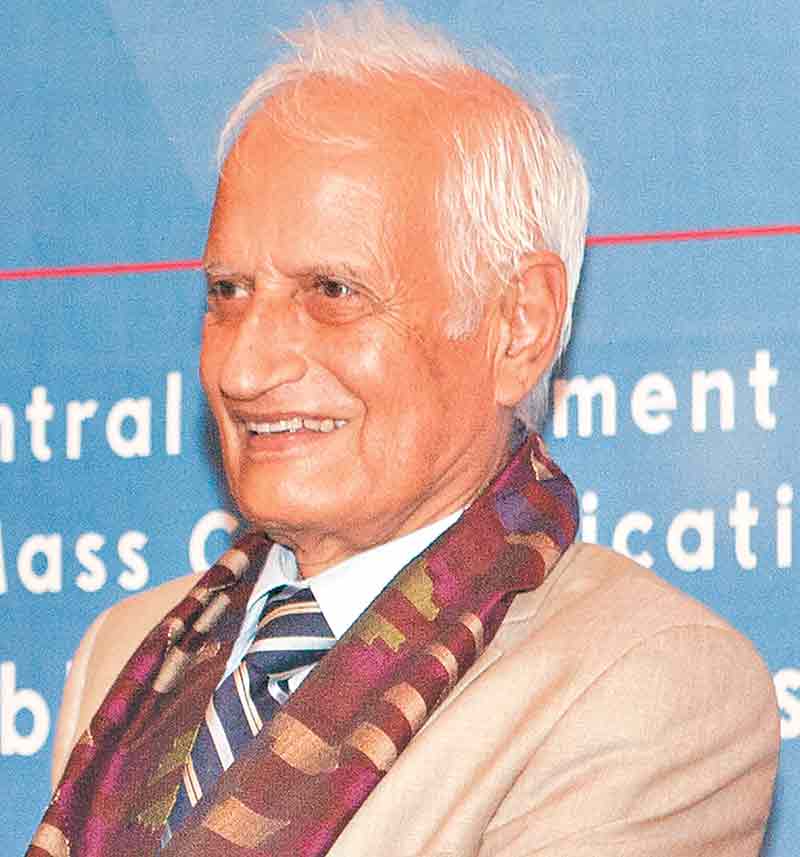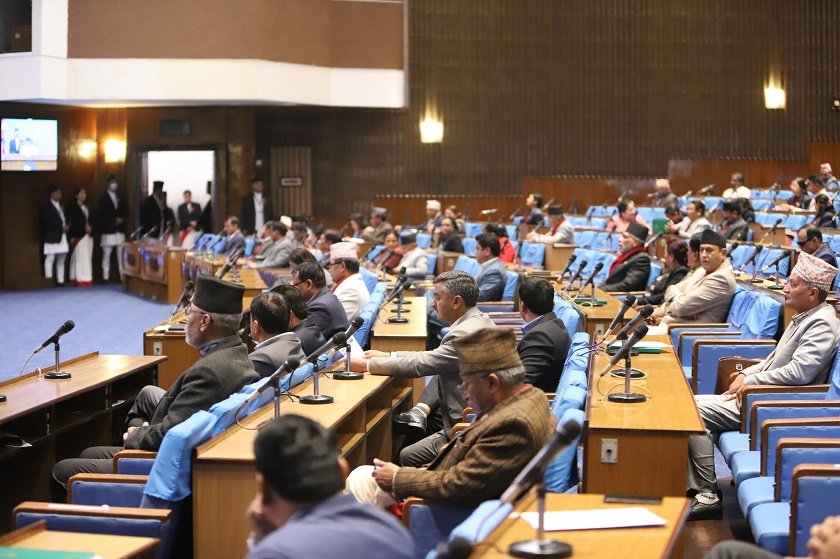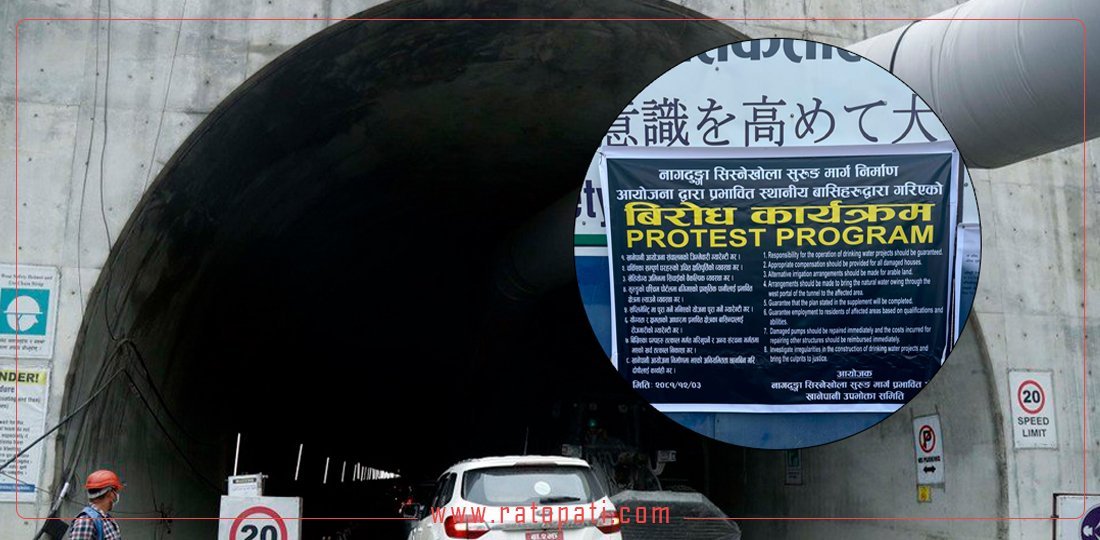Skill-based knowledge needed to address unemployment issues: Dr Sharma

Founding chair of Council for Technical Education and Vocational Training (CTEVT) and educationist Dr Suresh Raj Sharma has said skill-based education is essential more than theoretical knowledge to address the unemployment crisis.
Delivering his views in a day-long seminar titled "TVET Sector Reform for Nation's Prosperity" organised by the CTEVT here today, Dr Sharma said youth force was the valuable asset of the nation and their empowerment was must to utilise such treasure. As he asserted, quality technical education should be ensured for youths to address the unemployment issue. “Existing perception towards education should be reviewed so as to prove it as a supporting means of achieving development and prosperity. “
He further spoke the need of focusing on the implementation aspect which he said was lacking in the context of Nepal to meet goals and objectives of set plans, projects and programmes.
Also speaking in the seminar entitled ‘improvement of technical education and vocation training for prosperity’, CTEVT member secretary Dr Pushpa Raman Wagle claimed the CETEVT was doing its best to generate human resources with basic, moderate and advanced skills.
He highlighted the prime need of implementation of technical education and vocational training in participation and coordination of experts, policy makers, business community and youths for the development of nation. He took time to call out the necessity of revising the CTEVT Act.
“With the nation switching to federalism, there lies a legal confusion that which government (local, province and federal) is responsible for implementing CTEVT programmes,” he said, adding that dependence on hand-operated machinery, insufficiency of required machinery and tools and lack of curricula revisions in line with foreign job requirements were other challenges that the CTEVT was grappling with at the moment.
The CTEVT data shows that in the past four years the number of local levels having institutional access to technical schools has reached 383 from 191. Likewise, the current enrollment capacity is over 830,000 against 45,000 of four years ago.
Joint-secretary at the Ministry of Education, Hari Lamsal, said the CTEVT was on the course of restructuring. As he argued, only structural change would not bring expected change, effective implementation of the existing provisions was more important.
Another speaker Ramhari Lamichhane questioned was there any research department within the Education Ministry. The CTEVT education should get international recognition, he stressed, adding that technical education and vocational training schools should go for merger. “Quality and research-based technical education is highly needed,’’ he said.
Medical Education Commission vice-chair Dr Shreekrishna Giri said education of international standard should be ensured. Besides, CTEVT graduates should refresh their knowledge time and again.
Four working papers relating to vivid dimensions of TEVT will be presented during the programme. National Planning Commission ( NPC) former vice- chair Dr Shankar Sharma is scheduled to present the paper on the topic of ‘production of skilled human resources for the least developed countries’ while secretary Gopinath Mainali will make his presence with the paper entitled ‘ TEVT management in federal structure’. Birendra Raj Pandey is scheduled to give his presentation on the title of ‘role of private sector in quality development of TEVT’ while Dr Hari Pradhan will give his presentation on ‘TVET and facilitation for employment of graduates’.
NPC member Dr Usha Jha expressed here hope that the seminar would dwell on in-depth and productive discussions on TEVT. On the occasion, Jha unveiled a journal featuring 15-reaserach -based writings.






Leave Comment